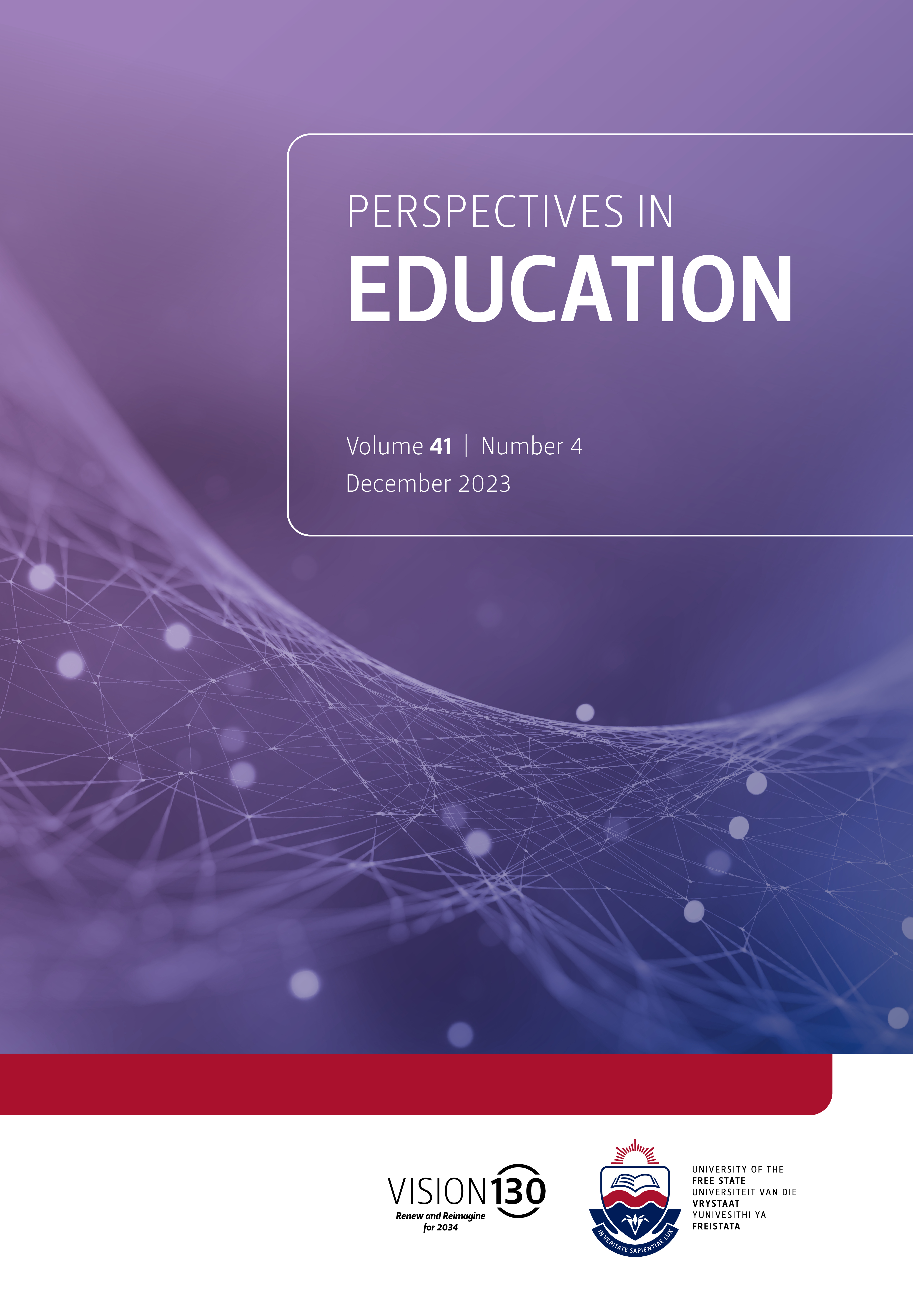Self-Assessment Inclusion Scale (SAIS): a tool for measuring inclusive competence and sensitivity
DOI:
https://doi.org/10.38140/pie.v41i4.7294Abstract
Recent studies highlight the fact that the establishment of an inclusive school is regarded as a requirement for the growth of a pluralistic, democratic society in which each form of diversity is welcomed and valued and the maintenance of social justice is a top priority. The aim of this research was to design and validate the Self-Assessment Inclusion Scale (SAIS) and test it in the population of teachers in Greece and Cyprus. The SAIS scale aims to selfassess the participants’ inclusive competence. Its ultimate goal is to help people to consider their skills, knowledge, and awareness of themselves in their interactions with others. The validation of the SAIS scale took place between October 2022 and February 2023 in 401 teachers in Greece and Cyprus using census sampling. The sample consisted of all school grade school teachers. The results of this study show that SAIS scale is reliable, functional and suitable for use in order to measure the inclusive competence of the participants. Moreover, it emerged that the participants were willing to consider their daily actions and behaviours and had some awareness of their own prejudices and stereotypes. However, there is still a lot to be done in terms of formulating plans to lessen harm and make the environment more inclusive for everyone. The findings imply that the participants were willing to consider their teaching methods and behaviour and that they were aware of some of their own biases and stereotypes. In conclusion, the selfassessment scale used in this study to assess inclusive competence was found to be valid and useful in assessing participants’ cultural awareness, knowledge, behaviours, and attitudes. The research team recommends its use as a tool for maintaining inclusion in community settings, schools and other organisations.
Downloads
##submission.downloads##
Published
How to Cite
Issue
Section
License
Copyright (c) 2023 Alexandros Argyriadis, Panagiotis Paoullis, Eleni Samsari, Agathi Argyriadi

This work is licensed under a Creative Commons Attribution 4.0 International License.









